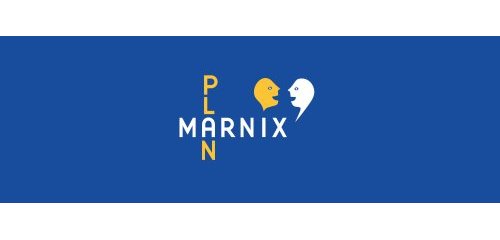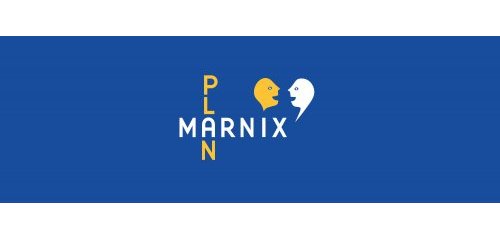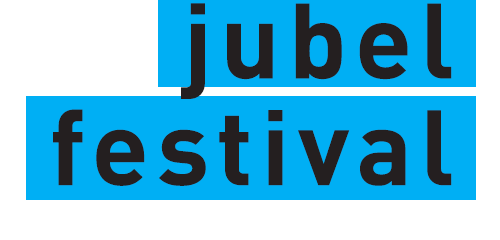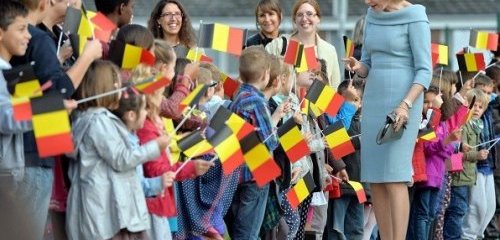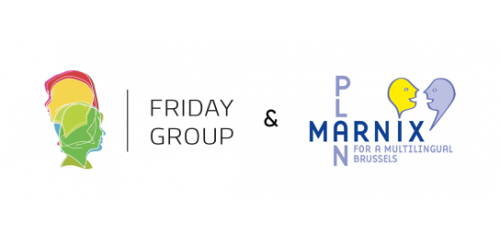Débat entre têtes de liste, 18.4.24
Bref rapport
Modération Nell FOSTER (ULB) Alex HOUSEN (VUB)
Panel CD&V : BENJAMIN DALLE DEFI : BERNARD CLERFAYT ECOLO : GILLES VANDEN BURRE GROEN : ELKE VAN DEN BRANDT LES ENGAGES : ALAIN DENEEF MR : RICHARD MILLER N-VA : CIELTJE VAN ACHTER OPEN VLD : SVEN GATZ PS : MARTIN CASIER PTB-PVDA : BRUNO BAUWENS VOORUIT : ANS PERSOONS
Format En guise d’introduction, les deux modérateurs ont exposé les objectifs du Plan Marnix, à savoir promouvoir l’apprentissage des langues et le (...)
18 avril 2024, 18h, Débat entre têtes de liste bruxellois
Comme en 2014 et 2019, le Plan Marnix pour un Bruxelles multilingue vous invite à un débat entre les têtes de liste des partis politiques bruxellois qui se tiendra au Brussels Information Point (Salle des Guichets, 2-4 Rue Royale, 1000 Bruxelles) le jeudi 18 avril de 18 à 20h.
Le débat portera sur quelques unes des idées les plus controversées contenues dans le mémorandum que vient de publier le Conseil bruxellois du multilinguisme. Le texte intégral du mémorandum et les 36 recommandations du (...)
‘Brussel is een emancipatiemachine’
Politiek is Brussel een tweetalig gewest, maar op straat hoor je een bonte mengeling van talen. Begin deze eeuw sprak slechts 2,5 procent van de Brusselaars geen Frans, Engels of Nederlands. Vandaag is dat opgelopen tot acht procent, zo blijkt uit de jongste taalbarometer van Rudi Janssens (VUB). Maar : “Wie Brussel verlaat, kent wel gemiddeld veel meer Frans en Nederlands dan wie hier aankomt,” zegt Philippe Van Parijs (UCL). En Rudi Janssens : “Brussel is een emancipatiemachine.”
Bruzz, (...)
Overview of the Programmes of the Governments for 2019-24
Five governments
Language policy in the Brussels Capital Region lies within the competences of several governments. Dutch-language and French-language education and culture are under the authority, respectively, of the Vlaamse Gemeenschap (VG) and the Fédération Wallonie-Bruxelles (FWB). However, language policy is not only a matter of education and culture. Moreover, in a region that is increasingly diverse linguistically and whose population is increasinly multilingual, the French-Dutch (...)
Marnix Debate at Jubel Festival
Débat : Multilingualism : How can Brussels become an example for the rest of Europe ?
The Jubel Festival for European Democracy (www.jubelfestival.com), held in Brussels’ Parc du Cinquantenaire on 6-7 September 2019 hosted a large set of parallel interactive encounters on a variety of subjects relevant to European democracy. The Marnix Plan for a multilingual Brussels was invited to organize one of them. It took place in the morning of Saturday 7 September under the title “Multilingualism : (...)
Five questions to philosopher Philippe Van Parijs on Brussels’ linguistic challenge
Read Marnix Plan co-ordinator Philippe Van Parijs’ interview with the Brussels Times, in which he discusses the history and changing linguistic landscape of the city of Brussels, along with recent proposals by the ULB and the VUB to set up multilingual schools.
Marnix Plan debate with political party leaders
On 26th April 2019, the Marnix Plan hosted a debate with politicians from all of the major parties in Brussels. The debate focused on two main questions : What initiatives do you consider to be the most urgent or the most promising as a means of meeting the linguistic challenges and opportunities in Brussels ? What kinds of institutional reforms do you consider necessary in order to enable Brussels to meet its linguistic needs ?
In addition to the political party delegates, we also (...)
Francophones et Nederlandstaligen : Wat samen dans nos communes ?
De Vrijdaggroep en Plan Marnix nodigen u uit voor een gezamenlijke conferentie over de bevordering van tweetaligheid in Brussel, naar aanleiding van de gemeenteraadsverkiezingen van oktober. Dit zal plaatsvinden op vrijdag 14 september om 17u bij Actiris in Brussel (Sterrenkundelaan30 te 1210 Brussel).
FRANCOPHONES & NEDERLANDSTALIGEN : WAT SAMEN DANS NOS COMMUNES ?
Dans les communes de la Région de Bruxelles-Capitale, les institutions francophones et néerlandophones — écoles, (...)


